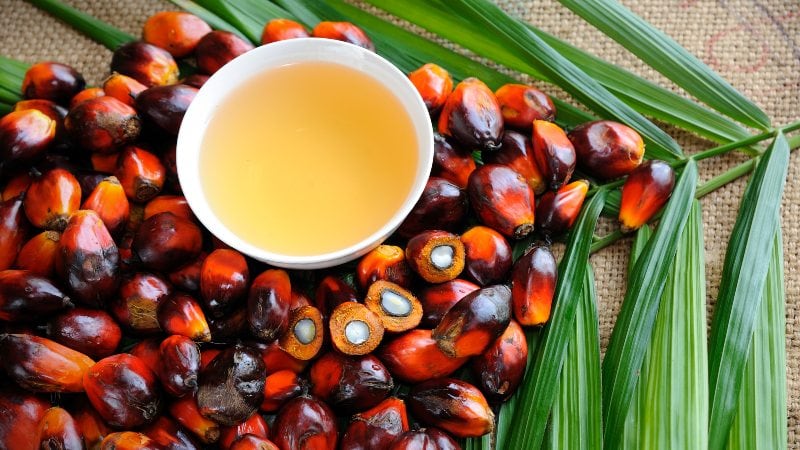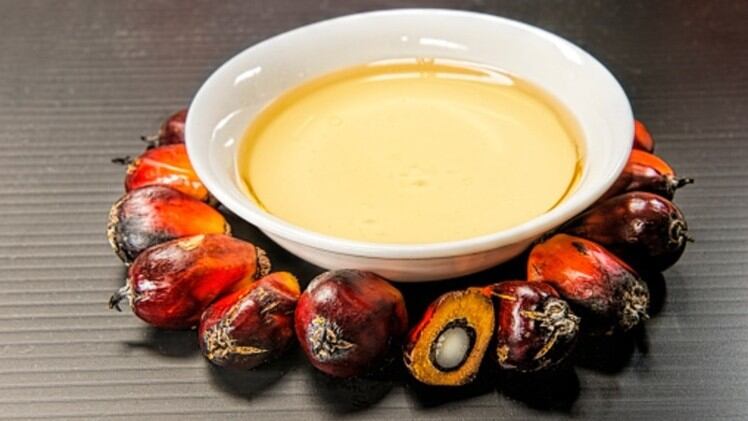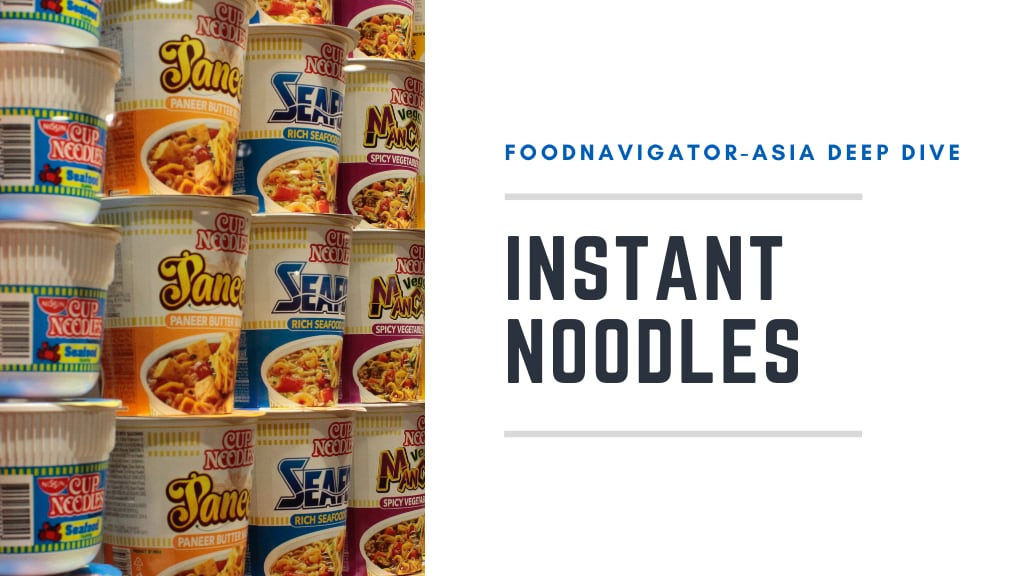Malaysia is the second largest producer of palm oil globally, and over the past few years has been engaged in a fierce debate with western markets such as the European Union which dispute its sustainability claims.
As such, the prospect of being able to prove these sustainable practices using technology is undoubtedly a very appealing one for Malaysia, in addition to potentially being able to reduce the sector’s near-crippling dependence on manual, foreign labour for productivity.
“Palm oil is a very important industry for Malaysia valued at some US$20bn, but over the years we have become very labour dependent, especially on foreign workers,” MPOC Science, Environment and Sustainability Division Director Dr Ruslan Abdullah told FoodNavigator-Asia.
“This problem became very obvious and acute recently following the restriction on foreign worker entry during the COVID-19 pandemic – so the Malaysian palm oil definitely has strong cause to digitalise our operations.
“This is important not only to reduce dependence on labour, but also to boost sustainability practices and remain globally competitive and relevant. We need to integrate technologies such as big data, AI, IoT and precision agriculture etc to increase efficiency and traceability in our operations [and] create a better future for the industry as a whole.”
MPOC recently also hosted a separate digital session on digitalising Malaysian palm oil, and here satellite imagery and AI were stressed to be amongst the most important technologies for the sector.
“Many MNCs and suppliers have very limited visibility over what is actually going on in oil palm plantations and how sustainable initiatives are being implemented, but not doing anything to meet commitments can have many negative business consequences and carries significant business risk,” satellite imaging firm Planet’s Business Development Manager Brittany Zajic said.
“Consumers are increasingly demanding sustainability so failure to fulfil this could mean lower growth, loss of market share, unable to charge premiums, or even boycotts, whereas more governments are also looking for this and not fulfilling these requirements means a risk of fines, citations, bans, or embargoes.
“Satellite imaging is able to help the palm oil industry by monitoring remote, broad areas, such as those where deforestation is high, as well as to monitor wildfires more accurately than any publicly available data. Conversely, it can also be used to evaluate the growth of palm trees in terms of progress and the health of the vegetation.”
Where satellite imaging can help with traceability and proof of deforestation rates being within limits, AI on the other hand is hoped to help with aspects such as increasing palm oil yield to boost sustainability credentials.
“Yield is going to be crucial to the palm oil industry in terms of sustainability – boosting yield means having every hectare of palm oil trees produce as much output as possible, which means less land will be required to supply the global demand of palm oil, which means less land clearing and more sustainability,” said AI firm ec2ce CEO Pedro Carillo Donaire.
“It also means minimising the use of chemical inputs to the land, which also improves sustainability.
“All that our AI modelling requires is data and numbers from open sources such as satellite indexes, GIS data on geographical conditions, weather forecast data from public sources, as well as plantation data such as crop management, and these can be used to train the model to generate recommendations to improve planting conditions, e.g. optimal fertiliser usage or water usage.
“This circles back to sustainability, as these are factors that when optimized will mean less input per hectare – which is more sustainable, as well as more oil per hectare – which is also more sustainable.
“Another key thing about AI is that not all palm oil growers such as smallholders may have the required digitalisation or data, but it is possible to use knowledge and data from other areas of palm oil production in the country to extend the AI application for them.”
Sustainability importance growing
Apart from appeasing markets in the west, all indications are that strong sustainability credentials are going to be increasingly necessary for Malaysia to continue attracting palm oil importing countries even in Asia.
This includes the region’s biggest palm oil importers China and India.
“We do anticipate that some changes will be seen in terms of China and India’s focus on sustainability in the near future,” Dr Ruslan told us previously.
“Various activities such as the establishment of a Roundtable on Sustainable Palm Oil (RSPO) office in China, the launch of the China Sustainable Palm Oil Alliance, and the India Palm Oil Sustainability Framework [indicate] a move towards sustainability, and that sustainability will become a major driving force for palm oil in these countries moving forward.”





